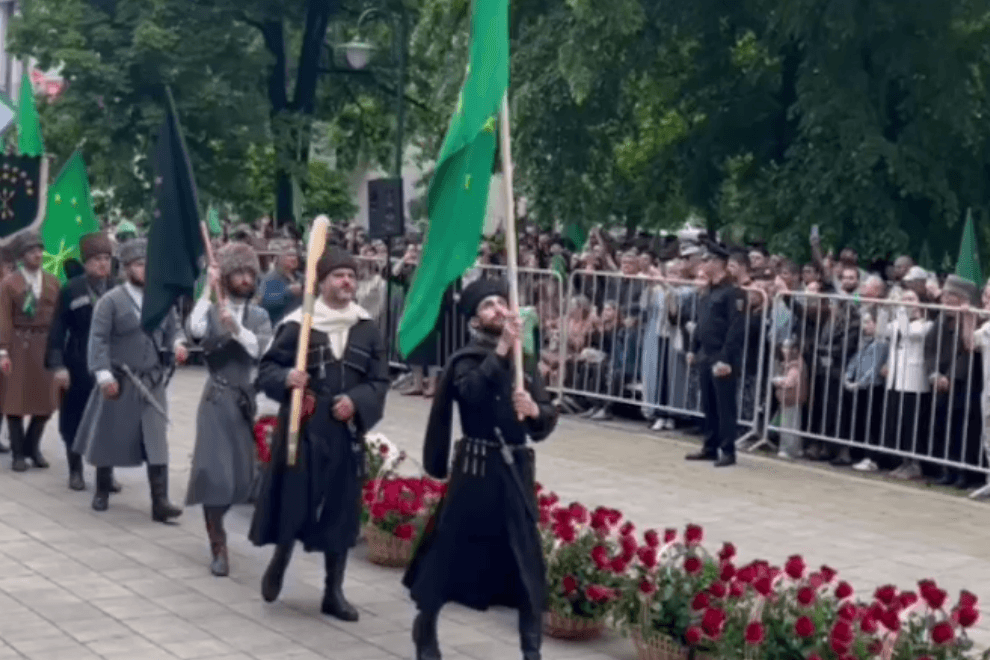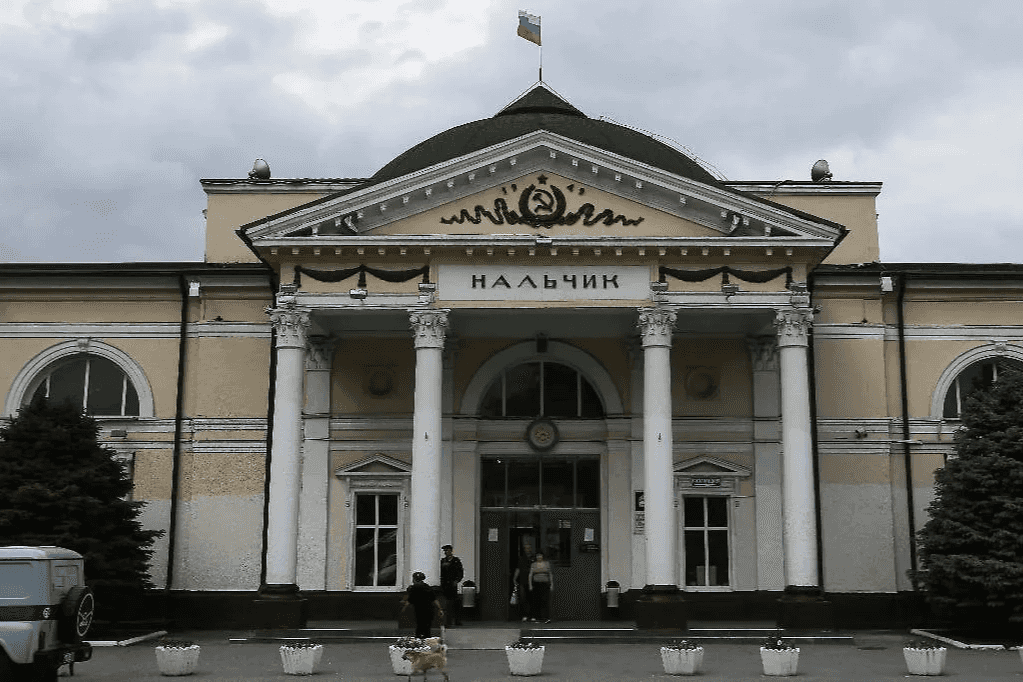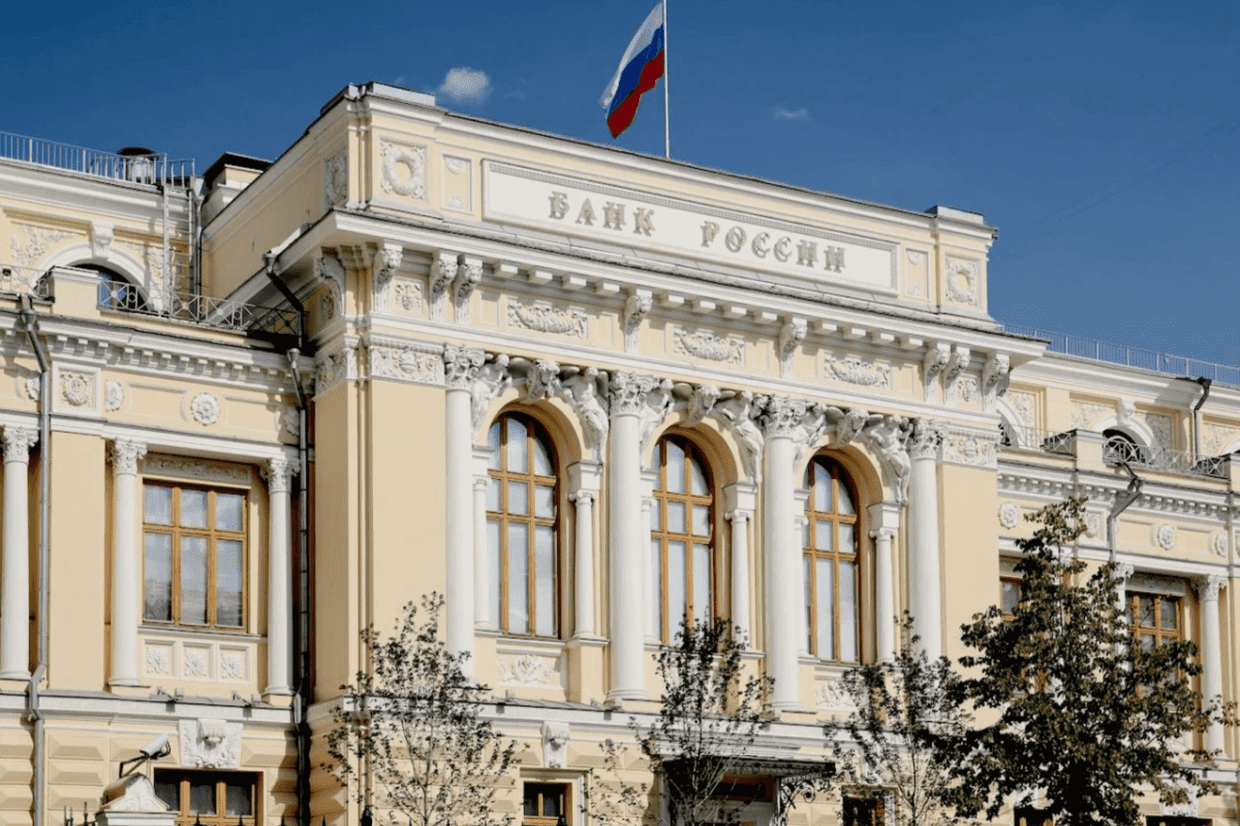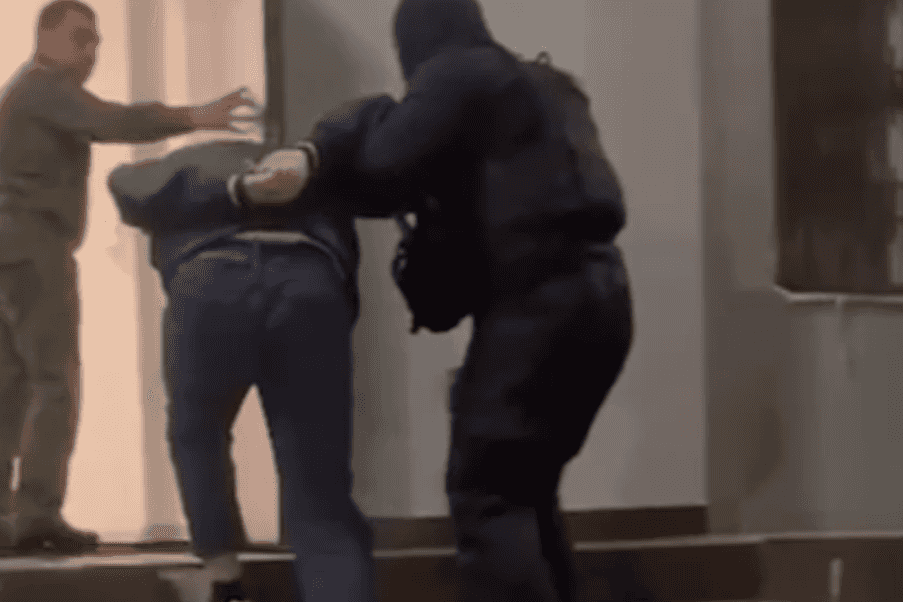
Timur Nakhushev and Zuber Euaz, participants in the traditional march on 21 May, marking the end of the Caucasian War, filed appeals with the Supreme Court of Kabarda–Balkaria against the rulings of the Nalchik City Court, which had sentenced them to administrative detention. The court nonetheless rejected the appeals.
Euaz was sentenced to six days of administrative detention, while Nakhushev received seven days. According to court documents, both were found guilty of participating in an unauthorised march that obstructed traffic.
In his appeal, Euaz argued that on the day of the march, traffic on Lenin Avenue in Nalchik was blocked, and traffic police officers were directing the flow of people, which they obeyed. Nonetheless, he admitted his guilt. The court reduced his sentence from six to five days of detention.
Nakhushev’s appeal noted that the court had failed to take into account mitigating circumstances, including his stable employment and the fact that he has three minor children. Nakhushev requested that his detention be replaced with a fine, but the court merely reduced his sentence from seven to five days of detention.
The march in Nalchik on 21 May was dedicated to the 161st anniversary of the Circassian Genocide and the end of Russia’s conquest of the North Caucasus. Participants carried Circassian flags. The demonstration involved at least 2,000 people, including representatives of the Circassian diaspora from Turkey, Syria, the USA, as well as civil society organisations from North Ossetia, Ingushetia, and Daghestan.
During the march, at least eight people were detained, all of whom were found guilty under articles relating to participation in an unauthorised rally and causing disruption to vehicle and pedestrian traffic. They were sentenced to administrative detention ranging from three to ten days.
The only woman among eight detained, Marina Kalmykova, was released after three days of detention on 25 May. The other detainees — Hussein Gugov, Zuber Euaz, Timur Nakhushev, Kazbek Mamikhov, and Bashir Yerokov — were released on 27 May. Two other participants in the march, Idar Tsipinov and Beslan Gedgafov, remain in detention.
On 24 May, local Circassian community figures sent an appeal to the head of Kabarda–Balkaria, Kazbek Kokov, as well as other senior local officials and members of the Russian senate. They appealed for the release of the detainees, emphasising that they were not organisers of the march and insisting that participating in commemorative events did not contravene the law.
On 25 May, the Telegram channel Republic of Circassia reported that participants of a similar commemorative event in Maykop, the capital of the Republic of Adygea, had also been detained.
The Russian Empire’s 19th century genocide of the Circassians had a devastating impact on the Circassians. Following the end of Russia’s conquest of the region and the mass deportation of Circassians to the Ottoman Empire, no more than 50,000 Circassians remained in their historical homeland. The Russian authorities do not recognise the Circassian Genocide.











